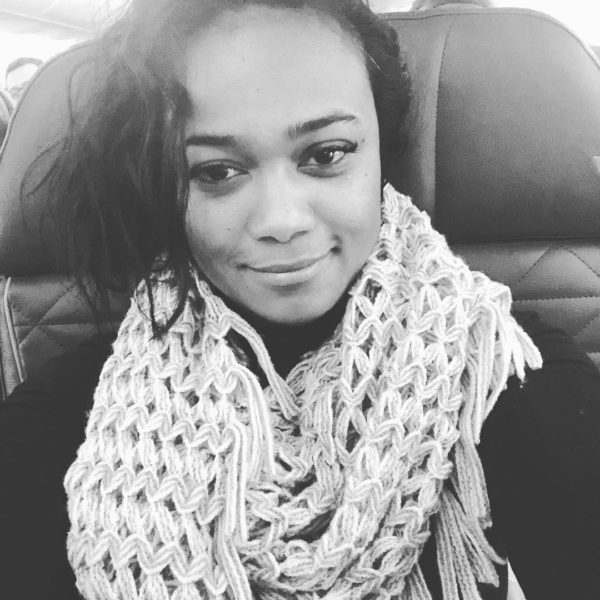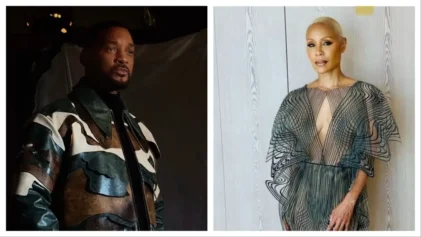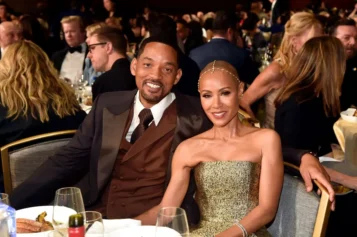Tatyana Ali opened up in a recent interview about dealing with colorism in her daily life and revealed that she looked up to co-star Janet Hubert.
In a recent interview with SiriusXM’s “The Clay Cane Show,” Ali spoke on how she admired Hubert, who portrayed her mother on the 1990s sitcom “The Fresh Prince of Bel-Air,” as a model of “Black beauty.”

Hubert, who famously left the show in 1993 after turning down a lowball contract following a tense tenure with her cast mates, particularly with star Will Smith, sat down with Smith during a cast reunion to air out her grievances and struggles that she had experienced in the years since.
Hubert, who sued NBC and Smith for defamation, invasion of privacy, negligence and intentional infliction of emotional distress in the same year she left the show — a suit she went on to lose — later went on to write a book about the show that savaged the cast members, especially its lead actor Smith. Hubert has blamed Smith for years for her professional struggles since leaving “Fresh Prince,” claiming he labeled her difficult to work with.
“But you took all of that away from me — with your words,” Hubert said to Smith during the reunion appearance. “Words can kill. I lost everything. Reputation. Everything. And I understand you were able to move forward, but you know those words, calling a Black woman difficult in Hollywood, is the kiss of death. And it’s hard enough being a dark-skinned Black woman in this business.”
In response, Ali wanted to express the weight of influence Hubert had on her as child — Ali was 14 when Hubert left the show — and the indelible impression that she left.
“I heard when Janet said that, I know that other people have said that about her,” she said. “I’ve seen that in social media, but I didn’t know that she felt that way. When we were working on the show together, I mean, we always talked about how beautiful she was. … I hope that she knows it for me as a young girl, I saw her with a spotlight on her, and that’s how I thought she was being represented on the show.”
“She was in terms of beauty and Black beauty and as a young Black child, I thought she was radiant and I thought the spotlight was on her, and that was something that I wasn’t used to seeing,” Ali continued. “I didn’t get a chance to tell her that at the reunion, but if she hears that, I hope that gives her some comfort that for the things that she went through, she meant a lot to a lot of people, to young people.”

Having that image of Black positivity was important to Ali, as she explained the prevalence of colorism in her life and her work, and how that has caused her to face difficult questions about her race.
“My journey has been interesting. There’s been colorism, but colorism, it’s funny,” Ali said. “You assume that colorism only comes from the white community and that it’s sort of put upon us, but there’s also colorism within the Black community. And so, I’ve experienced that. … I don’t even know if it’s colorism, or if it’s ‘are you Black enough?’ That kind of stuff. In life and in work for sure, ‘Will you just make it a little blacker.’ Or this is recent, where a character description said she’s ‘unapologetically Black’ and I’m like, that’s an interesting thing to put in a description.”
She added, “I know what that means when I’m talking with friends or, but how as an actor, what cues are you trying to give me? What does that mean about this character who happened to be like a corporate person? What does that look like to you? What does that sound like? What is that? So, I’ve dealt with those things and my personal beliefs about how I would like to represent, sometimes they don’t match. I’ve come across that.”


